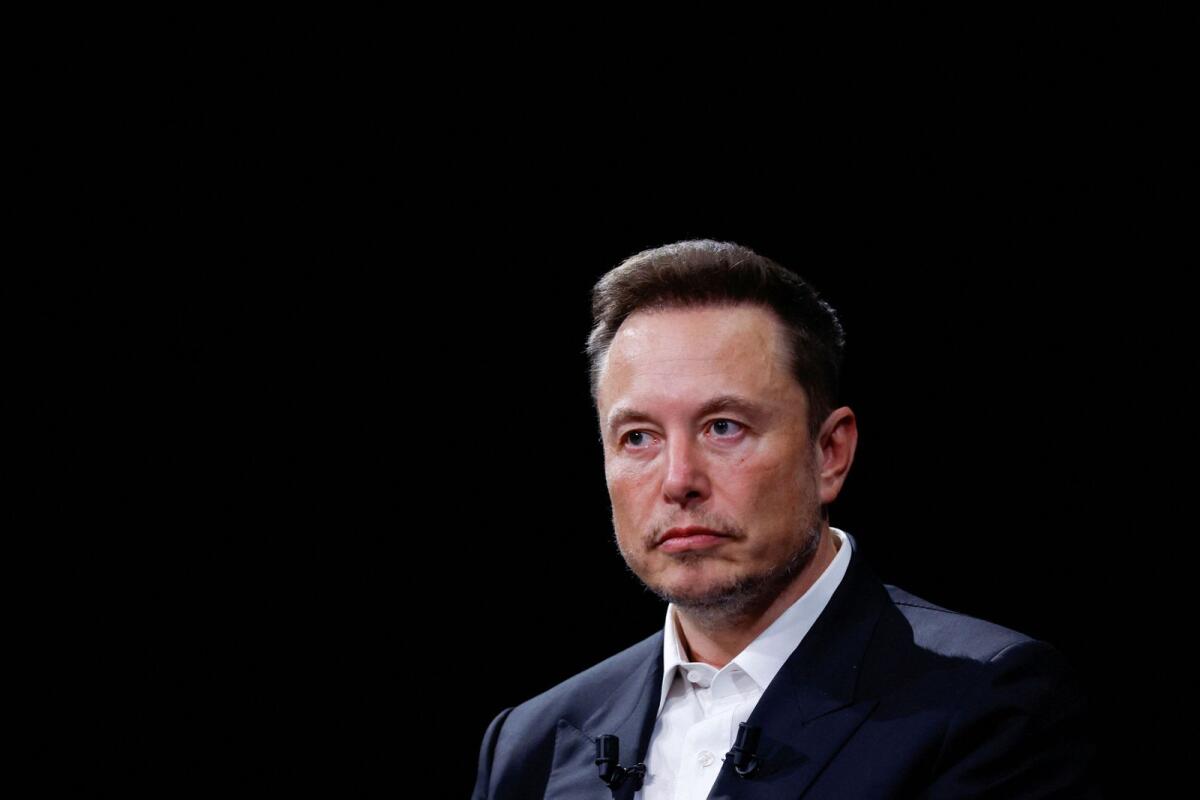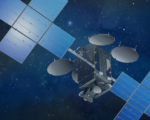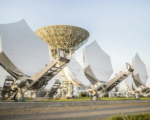On Tuesday, the government announced its decision to allocate spectrum for satellite broadband services through administrative means rather than an auction process. This announcement came just hours after Elon Musk publicly criticized the auction approach proposed by rival billionaire Mukesh Ambani, calling it “unprecedented.” The decision has sparked considerable discussion regarding the future of satellite broadband in India, a market projected to grow by 36% annually, potentially reaching $1.9 billion by 2030.
The spectrum allocation methodology has been a contentious issue, particularly given the fierce competition between the two billionaires and their respective ventures. Musk’s Starlink has been vocal about the benefits of administrative allotment, positioning it as part of a broader global trend towards simplifying access to satellite services. Starlink argues that this approach would allow for a faster rollout of satellite broadband, enabling more consumers to benefit from the technology without the delays often associated with auction processes.
On the other hand, Reliance, under Ambani’s leadership, contends that an auction is essential to establish a level playing field in the burgeoning satellite broadband sector. Reliance argues that current Indian laws do not adequately address how individuals can obtain satellite broadband services, making an auction necessary to ensure fair competition among providers. This divergence in opinion reflects deeper strategic differences in how each company envisions the future of satellite internet in India.
As the debate continues, the implications of this decision could significantly impact the landscape of satellite broadband in India. With Musk’s backing of the administrative process, there is potential for accelerated deployment of services by Starlink, while Reliance’s push for auction-based allocation raises questions about the feasibility of equitable access to this technology. The outcome of this rivalry not only shapes the competitive dynamics between these tech giants but also determines how satellite internet will evolve in a market eager for growth and innovation.


















